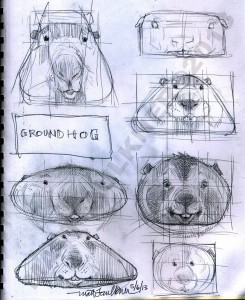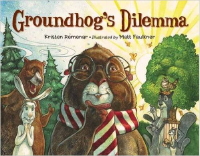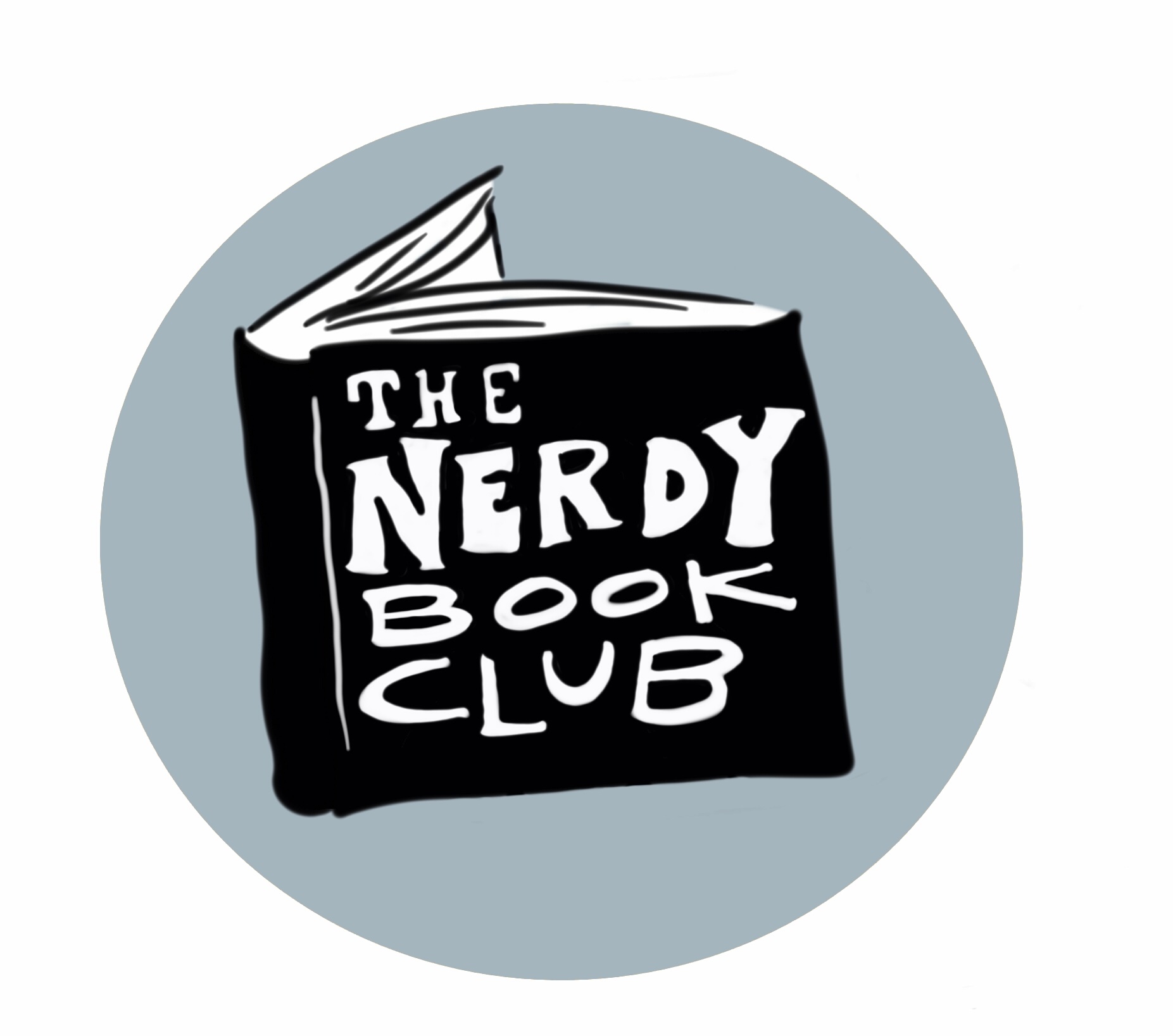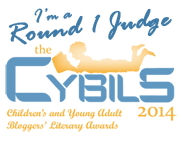The path to publication is packed with peaks and pitfalls (and apparently a plethora of P’s). It takes patience to pursue this path, and the revision process can be particularly painful (as can alliteration, so I’m stopping now). The way my editor guided me through this process taught me how to be a writing teacher.
I sent Groundhog’s Dilemma (the story formerly known as To See or Not To See) to my tireless editor in early 2012. She liked the story, but asked for revisions. Round 1.
So I revised, and my editor liked it even better. She still wanted revisions. Round 2.
So I revised and in 2013 I got that glorious phone call – I sold my manuscript! With all my debut-author-naivete, I thought my job was done. Silly, silly me! My editor told me she was excited to dig into the “official” revisions now. Round 3. And 4. And 5.
I have lost count of how many emails there have been with tweaks to make the story stronger. While each request for changes brought a momentary, involuntary stomach lurch, the way my editor approached revision taught me how to make revising less painful for my students.
1. Every email began with praise. Not “you’re the most brilliant writer ever!” or “snazzy font choice!” but honest, constructive, positive feedback. This made me feel like my work was appreciated, and that I was not in trouble.
2. When corrections needed to be made (grammatical or logical story points), my editor briefly explained why without making me feel stoopid.
3. My editor suggested changes, but made it clear that the decisions about my writing were up to me. She used words like “what if” or “I wonder” instead of “you need to do this here”.
4. Every email ended with encouragement. I knew my editor was confident in my ability to improve my work (even when my self-confidence was threadbare) and that helped me approach revision as a manageable, necessary process instead of as punishment. This is the approach I want to use with my students. Less “wrong!” and more “better!”
Today I submitted the final tweaks on the copyedited version of Groundhog’s Dilemma. I’m glad to be done working on this story, but I’ll miss working with my editor. Fingers crossed that my book sells so well, my editor will want a sequel!









Your editor sounds like a dream come true!
Kristin Lenz, I couldn’t have asked for a better editor!